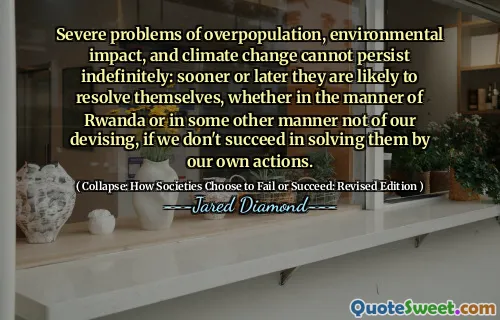In the preface of "The Rifles" "Another rule we followed was never kill an animal that we were not going to use for food or clothing." Barnabas Piryuaq"Well, in those high latitudes we found such quantities of seals and walruses that we simply did not know what to do with them.There were thousands and thousands lying there; we walked among them and hit them on the head, and laughed heartily in the abundance which God had created." Jan Welzi 1933.
In "The Rifles," the preface presents a guiding principle shared by Barnabas Piryuaq, emphasizing the respect for wildlife by only taking what is necessary for sustenance or clothing. This ethical approach highlights a deep understanding of resource management among indigenous peoples, advocating for balance with nature rather than a reckless exploitation of its bounty.
Jan Welzi's reflections from 1933 illustrate the overwhelming abundance of seals and walruses in the high latitudes, revealing a stark contrast between the animal's plentifulness and the necessity of responsible consumption. Their laughter amidst the plentiful resources demonstrates a connection to the environment and a recognition of the richness it offers, but also hints at the challenges of sustainability in the face of such abundance.


